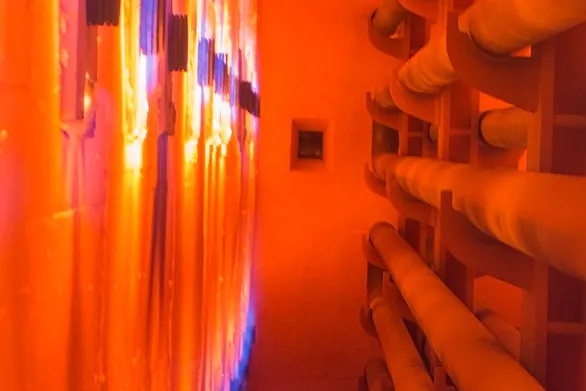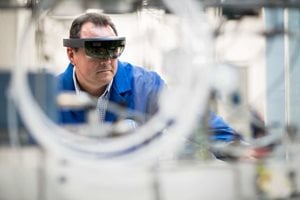Lummus Technology has unique technology offerings for an integrated refining and petrochemical complex that provide the best technical and most economic solutions. The process scheme involves a center piece Indmax FCC unit integrated with ARDS for feed treating and metathesis for maximizing petrochemicals and/or high octane gasoline in the following way:
- An ARDS (atmospheric residue desulfurization) unit for removing sulfur, metal contaminants and nitrogen from feedstocks to Indmax FCC unit.
- An Indmax FCC unit for converting residues into very high yield of light olefins such as ethylene, propylene and butylenes that are building blocks for petrochemicals and high octane gasoline.
- Indmax FCC downstream integration with metathesis for higher propylene production or maximizing gasoline, propylene or light olefins production (or any combination thereof) in the most cost-effective way.
The degree of metals removal from the ARDS is optimized by effectively utilizing the higher metal tolerance capabilities of Indmax catalyst employed in the Indmax FCC unit. The feed desulfurization level in the ARDS unit is optimized by ensuring the trade-offs between feed/products/flue gas effluent treatment costs.
Indmax FCC downstream integration: Olefins conversion is a metathesis process in which ethylene reacts with 2-butene to produce propylene. In an Olefins Conversion Unit (OCU), mixed C4s from the Indmax FCC unit are processed in a selective hydrogenation unit for the conversion of butadiene to butene. It is then processed in a catalytic deisobutenizer (CD-DEIB® process), where iso-butene and iso-butane are separated from normal butane and normal butenes and the 1-butene is converted to 2-butene. The ethylene is recovered from the Indmax FCC unit off-gases in a low pressure ethylene recovery unit. The 2-butene is finally converted to propylene by the metathesis reaction with ethylene in the OCU. The propylene produced in this integrated complex is separated in a propylene recovery unit.
This option is attractive to maximize propylene production from the complex. Alternatively, the refiner can operate the Indmax FCC unit in gasoline mode with moderate propylene yield and then convert ethylene and C4 olefin streams into propylene so as to maximize propylene and gasoline production.
In summary, Lummus Technology is capable of providing a one-stop integrated technology and engineering solution to meet the refiner’s objectives of high propylene production at minimum capital and operating costs. We do this by taking advantage of the synergies among different processes to convert residue to propylene and/or high-octane gasoline combinations.
This technology can be adopted in any grassroots refinery and petrochemical complex or via revamp of an existing FCC/RFCC unit with minor hardware modifications, along with Indmax catalyst to enhance light olefin generation from low-value heavy feedstocks.



